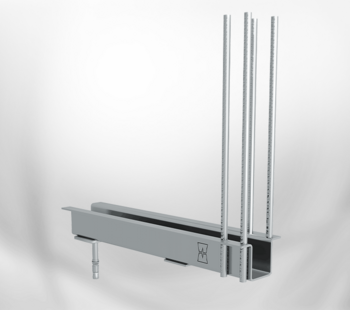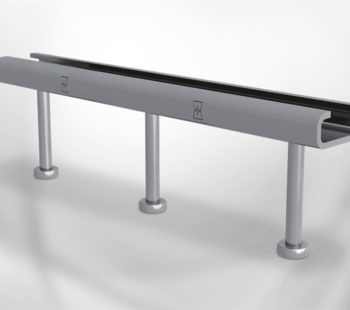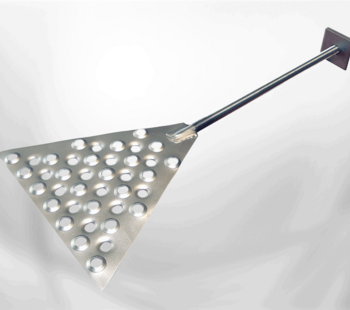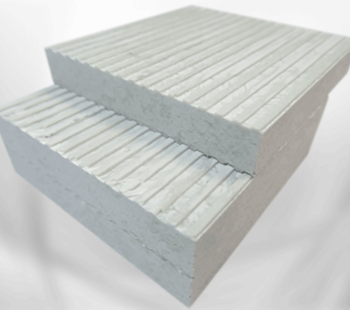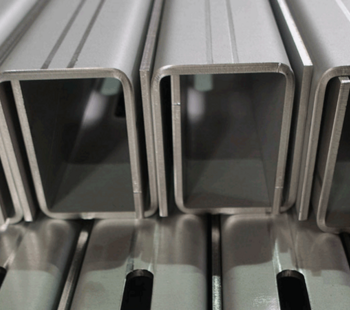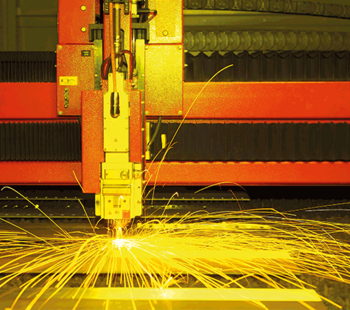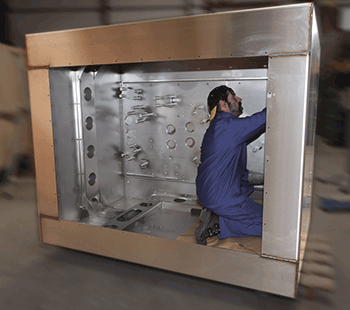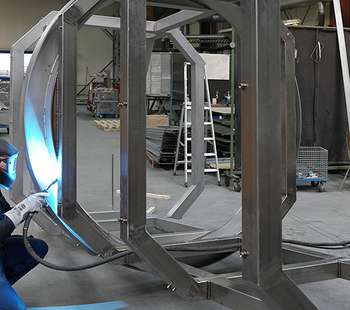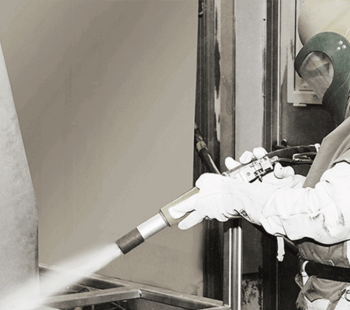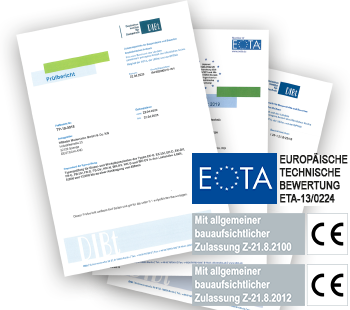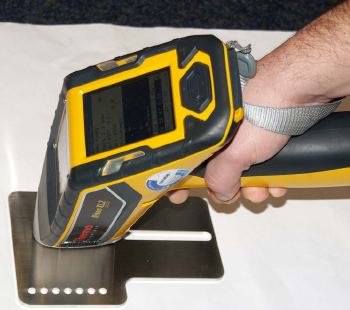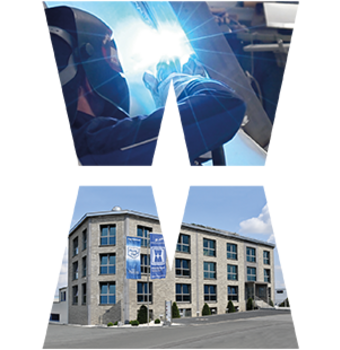Since 2017, Straßen.NRW and several cooperation partners have been researching an innovative material to increase the service life of operating facilities in tunnels.
The aim is to reduce traffic obstructions, lower operating costs and lower personnel expenditure.
In two tunnels in North Rhine-Westphalia, which are particularly representative of their "critical atmospheric load", successful long-term tests with the so-called duplex steel are currently underway: in the Wersten tunnel (Düsseldorf, A 46) and in the Burgholz tunnel (Wuppertal, L 418), the North Rhine-Westphalian State Road Construction Authority, the Federal Institute for Materials Research and Testing (BAM), the Informationsstelle Edelstahl Rostfrei (ISER) and Modersohn GmbH are testing the material behaviour of various duplex steels. For this purpose, samples with a variety of different sample racks have been stored in the tunnels since December 2017.
The scientific background is the atmosphere in tunnels, which is not only much more aggressive than on normal roads, but even more corrosive than in offshore areas such as on offshore drilling platforms. In addition to so-called "tunnel dirt", which consists of dust as well as tyre and brake wear, there are also chemicals from the exhaust gases in the air. This is exacerbated by climatic environmental influences such as humidity and temperature as well as industrial emissions (e.g. sulphuric acid, nitrate, chlorine) and a constantly increasing volume of traffic. All this leads to increasing demands on the component surfaces of the operational and safety equipment in road tunnels.
This includes the fans, which have to ensure good air quality in the tunnel and must function perfectly in the event of fire fighting. Today, their surface is mostly made of stainless steels of the so-called austenitic stainless steels (chrome-nickel-molybdenum steel) and must be cleaned regularly: with a high expenditure of time and personnel, as cleaning with an environmentally friendly lye is deliberately carried out by hand. These "washing actions" can - depending on the number of fans installed - take several nights, which can lead to traffic disruptions, as the roadway has to be closed at least on one side for this.
The use of duplex steel should reduce this time expenditure in the future and at the same time increase the service life of the operational and safety equipment, provided that the material actually qualifies for use in tunnels. Because
In addition to high Corrosion resistance, duplex steels also have significantly improved mechanical properties. Thanks to the increased chromium content, for example, they are more resistant to acids than other stainless steels, but at the same time less sensitive to pitting and crevice corrosion. This in combination with their excellent mechanical properties, e.g. their good weldability and high strength, makes them an ideal material when long service life is required under special conditions.
A prerequisite, however, is that manufacturers of operating and safety equipment are also persuaded to rethink the use of materials. A future application in bridge construction or for supporting structures in tunnels would then be conceivable, for example.
Due to the informative first interim balance, it is planned to continue the research project with the cooperation partners until the end of 2022.
Further information on the project in the Wersten and Burgholz tunnels can be found in the press release of Straßen.NRW.
